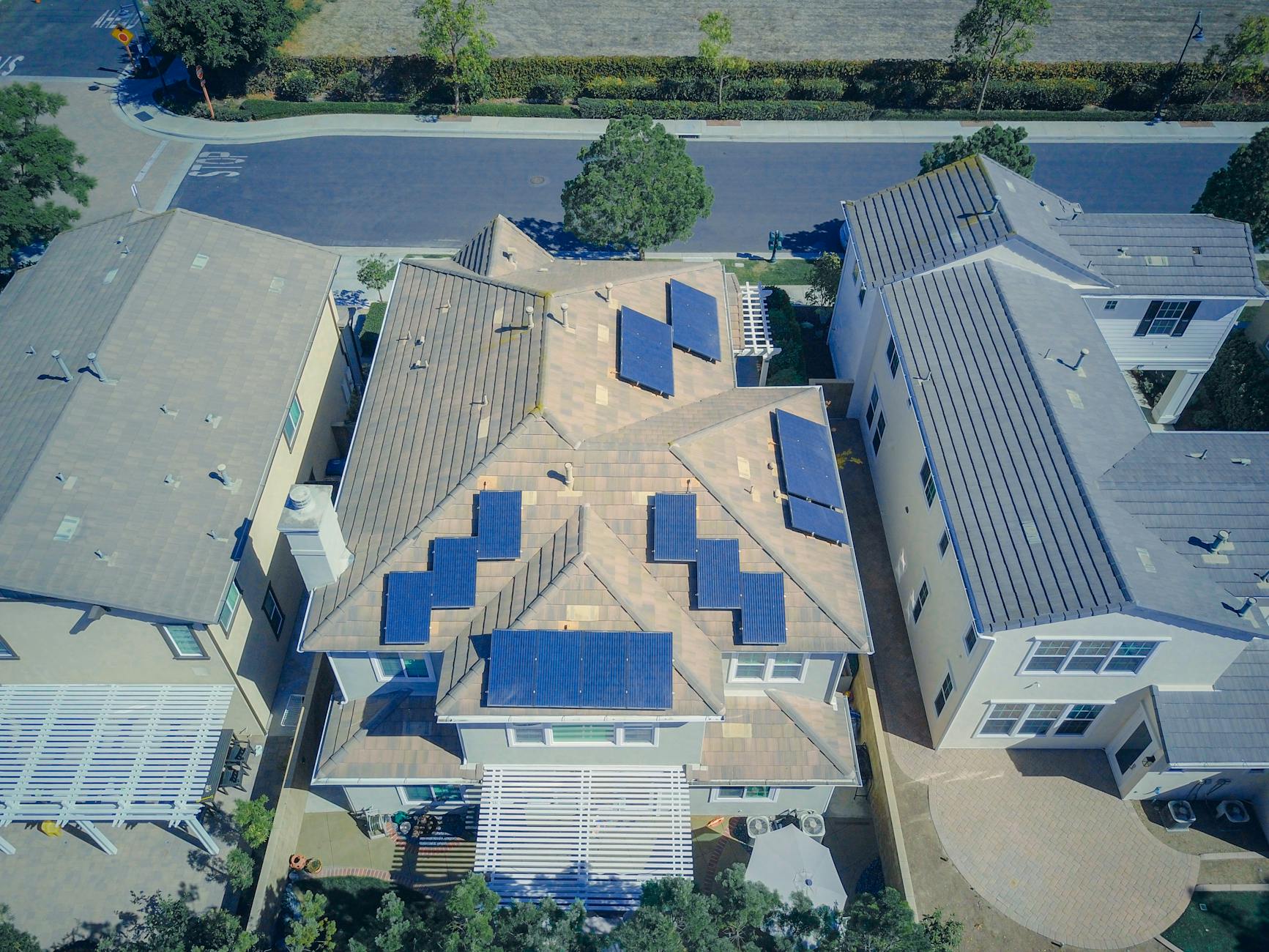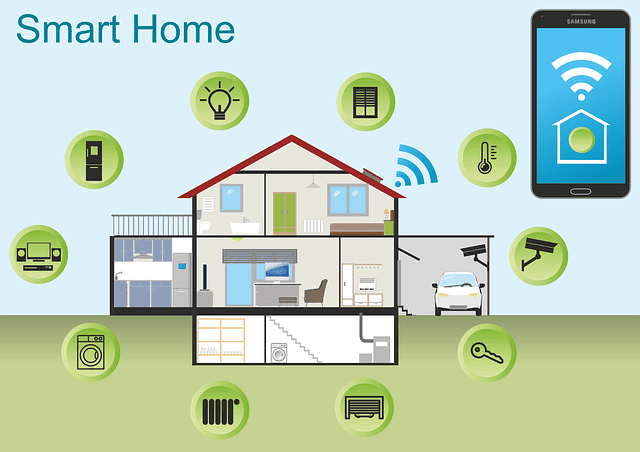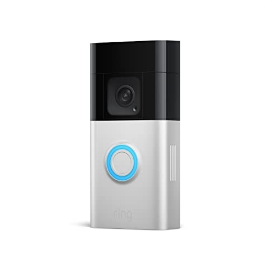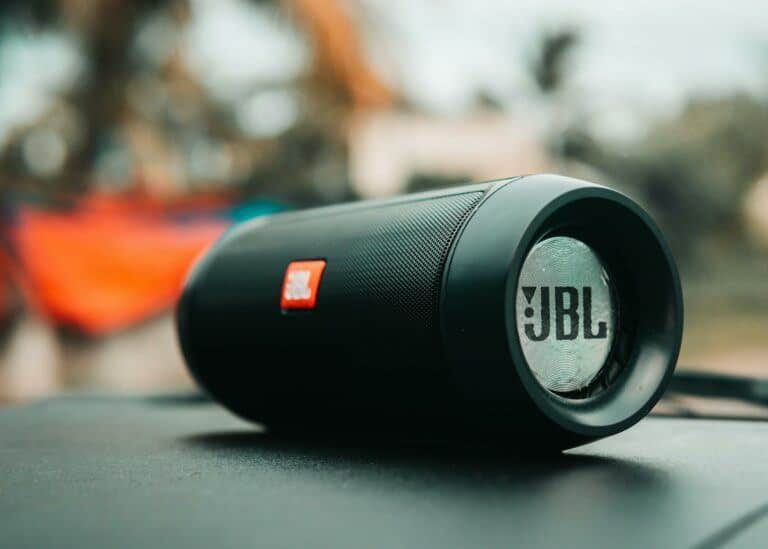Home Generators: Stay Powered And Prepared In Any Outage [Guide]
Home Generators: Stay Powered and Prepared in Any Outage [Guide]
When the lights flicker and the fridge hums to a stop, are you ready for the unexpected? Power outages aren’t just inconvenient—they can disrupt your entire home life. Imagine losing heating in the dead of winter, or leaving medical devices without power. It’s not just about the food that spoils in the fridge; it’s about the safety and comfort of your family.
Home generators are the unsung heroes for homeowners, stepping in when the power grid lets you down. They’re not just a luxury; they’re a smart investment in peace of mind. Whether you’re safeguarding essential devices or keeping your home lit at night, a generator ensures life goes on without a hitch. So, why risk it? Equip your home with a generator and keep everything running smoothly, no matter what happens outside.
For a deeper understanding of home generator options, you might find this video helpful: Generac vs Kohler Home Generators: Dissecting Their Differences.
Understanding Home Generators
Imagine a stormy night when the power goes out. It’s pitch black, and everything from your fridge to your lights suddenly stops working. That’s where home generators step in to save the day. They ensure that critical appliances keep running and that your family remains safe and comfortable. Let’s dive into what home generators are and the types you can consider for your home.
What is a Home Generator?
A home generator is a device that provides electricity during a power outage. Think of it as a backup plan for your home’s electricity needs. Whether a tree has knocked down a power line or a storm has wreaked havoc, a generator steps up to keep essential gadgets like your refrigerator, heating, and medical devices running smoothly.
Generators work by converting fuel—like gasoline, diesel, or natural gas—into electrical energy. The fuel powers an engine connected to an alternator, which produces electricity. This ensures that your home remains lit and your food stays fresh, even when the grid is down.

Photo by Kindel Media
Types of Home Generators
When it comes to choosing a home generator, you mainly have two options: standby generators and portable generators. Each has its unique benefits and is suited for different needs.
- Standby Generators:
- These are permanent fixtures installed outside your home. They’re connected to your electrical system and kick in automatically during an outage.
- They can run on natural gas or propane, making them a reliable option for long-term power disruptions.
- Ideal for homeowners who want a hassle-free solution that powers the entire house.
- Portable Generators:
- As the name suggests, these are movable units that can be used wherever needed.
- They run on gasoline and are perfect for temporary power needs or smaller homes.
- While they require manual setup and don’t connect automatically, portable generators are budget-friendly and versatile.
Understanding these types can help you decide which generator best suits your lifestyle. Whether you’re looking to power your whole house or just the essentials, having a home generator means you’re always prepared for unexpected outages.
Westinghouse 12500 Watt Dual Fuel Generator
When the power goes out, it can be more than just an inconvenience. Imagine standing in the dark, thinking about the food in your fridge going bad, your home losing heat, or medical devices without power. That’s where the Westinghouse 12500 Watt Dual Fuel Generator shines. It’s like having a safety net for your home, providing energy when you need it most. Let’s dig into what makes this generator a top choice for homeowners.
Specifications and Features
The Westinghouse 12500 Watt generator is packed with features that make it a reliable option for home use. Here’s what you can expect:
- Wattage Output: Offers 12,500 peak watts and 9,500 running watts.
- Fuel Type: Dual fuel capability allows you to use either gasoline or propane, giving you flexibility depending on what’s available.
- Weight: It weighs around 220 pounds, hefty yet manageable with its built-in wheels and handle.
- Special Features:
- Remote Electric Start: You can start it from a distance, perfect for those cold nights when you don’t want to step outside.
- Dual Fuel Capability: Easily switch between gasoline and propane, depending on what’s more convenient for you.
These features make it simple to keep your home running smoothly, even when the power’s out.
Performance Insights
How does the Westinghouse generator perform when put to the test? Let’s break it down:
- Running and Peak Wattage: With 12,500 peak watts, this generator can handle heavy loads. It’s enough to power most of your home appliances.
- Fuel Consumption: Gasoline provides impressive power, while propane offers a cleaner burn. Depending on your needs, you can choose what’s best.
- Runtime: Expect about 11 hours of runtime on a 6.6-gallon gasoline tank at a 50% load. Propane gives a slightly different runtime, but it’s an efficient alternative.
This generator is built to last, ensuring your home is never left in the dark for long.
Safety Features
Safety is key, especially when dealing with something as powerful as a generator. Here’s how the Westinghouse 12500 keeps you safe:
- Automatic Low Oil Shutdown: Protects the engine by automatically shutting it down when oil levels are too low.
- Voltage Regulation: Keeps appliances safe by maintaining steady voltage levels, preventing surges.
These features ensure that your generator is not only effective but safe to use.
Consider this generator if you’re looking to safeguard your home in case of power outages. It’s not just about convenience; it’s about being ready for the unexpected. Are you ready to power your devices with confidence?
 Photo by cottonbro studio
Photo by cottonbro studio
Choosing the Right Generator for Your Home
When the power goes out, a home generator can be a lifesaver. It keeps your fridge running, your house warm or cool, and your devices charged. But how do you choose the right one? Let’s explore some crucial factors.
Assessing Power Needs
First things first, you need to figure out how much power you actually need. Imagine you’re making a list for groceries, but instead of bread and milk, it’s refrigerators and lights. You need to know how much wattage each item requires. Here’s a simple way to start:
- List Essential Appliances: Consider critical items like refrigerators, heating or air conditioning, and medical devices.
- Calculate Wattage: Find the starting and running wattage for each appliance. Usually, the starting wattage is higher.
- Add Them Up: Add all the starting wattages together. This will give you a ballpark figure for what your generator needs.
Knowing your power needs helps you avoid buying something too small or unnecessarily large.
Evaluating Fuel Options
Generators can run on different fuels like gasoline, propane, or both. The dual fuel ones have an upper hand. Here’s why:
- Flexibility: Dual fuel generators can switch between two fuel types, providing more flexibility during shortages.
- Efficiency: You might find one fuel more efficient or cheaper than the other depending on market conditions.
- Convenience: If you run out of one type, you have a backup option. It’s like having both a Plan A and B in place.
This flexibility can be crucial, especially during prolonged outages.
Considerations for Installation
Once you’ve picked a generator, the next step is installing it. But it’s not as simple as just plugging it in. Here are a few things to keep in mind:
- Professional Installation: It’s wise to hire a professional to install your generator, ensuring it’s set up correctly and safely.
- Location: Position the generator outdoors in a well-ventilated area. It shouldn’t be near any doors or windows.
- Safety Precautions: Make sure the generator has proper grounding to avoid potential electrical hazards.
Proper installation is key to ensuring safety and efficiency, so don’t cut corners here.
Choosing the right home generator involves more than just picking a model off the shelf. By assessing your power needs, evaluating fuel options, and understanding installation requirements, you can make a smart choice that keeps your home running smoothly when the lights go out.
Maintenance Tips for Home Generators
Keeping your home generator in top shape is essential, especially when you rely on it during power outages. Imagine the food in your fridge spoiling, the house going cold, or medical devices shutting down. It can be a real nightmare. Regular maintenance ensures your generator is ready to power up when you need it most. Let’s go through some handy maintenance tips to keep your home generator humming smoothly.
Routine Maintenance Checklist
Routine maintenance is like giving your generator a health check-up. Here’s a list of tasks to get you started:
- Check the Oil Level: Just like a car, your generator needs oil to run smoothly. Make sure to check it regularly, ideally once a month, and change it as recommended by the manufacturer.
- Inspect Spark Plugs: Spark plugs can wear out over time. Remove and inspect them for any signs of wear or carbon build-up. Replace them if necessary.
- Clean Air Filters: A dirty air filter can choke your generator. Clean or replace the air filter to ensure proper airflow and efficiency.
- Fuel Maintenance: It’s crucial to keep the fuel tank clean and filled. Stale or old fuel can cause problems, so consider using fuel stabilizer if the generator sits idle for long periods.
- Test the Generator: Run your generator for 20-30 minutes every month. This not only keeps it ready but also helps you identify any potential issues early.
- Inspect Wirings and Connections: Loose or corroded wires can cause malfunctions. Ensure all connections are secure and free of corrosion.
Troubleshooting Common Issues
Even with regular maintenance, generators can encounter problems. Here’s how to tackle some common issues:
- Generator Won’t Start:
- Check the Fuel Tank: Make sure there’s enough gas. It sounds simple, but it’s easy to overlook.
- Inspect the Battery: A dead battery is a common problem. Test it and replace it if needed.
- Verify the Choke: If the weather is cold, the choke might be closed. Ensure it’s properly set.
- Stalling During Operation:
- Fuel Issues: Check for fuel line clogs or air trapped within the system.
- Dirty Air Filter: As a clogged filter can lead to stalling, make sure it’s clean.
- Overheating:
- Coolant Levels: Always ensure there’s enough coolant.
- Ventilation: Keep the area around the generator clear to allow proper airflow.
Dealing with generator issues can feel like trying to solve a puzzle, but with these tips, you can keep things running smoothly. Remember, a little maintenance can go a long way in keeping your home powered when it counts.
Final Thoughts on Home Generators
When it comes to securing your home and keeping life running smoothly, home generators are a solid investment. They offer peace of mind, especially during unexpected power outages. Imagine a storm hits, and suddenly, the lights flicker out. Your refrigerator stops humming, and your home slips into darkness. With a home generator, you’d be back on track without breaking a sweat. Let’s explore some final thoughts on why having a home generator can make all the difference.
Essential Benefits
Home generators aren’t just about convenience; they’re about safety and security. Here’s what they help you with:
- Food Safety: Keep your refrigerator and freezer running so your food doesn’t spoil.
- Comfort: Maintain your home’s heating or cooling system to ensure comfort regardless of the weather outside.
- Medical Needs: Power essential medical devices without interruption.
- Lighting: Brighten up your home when the sun goes down.
- Stay Connected: Charge and power devices to stay in touch with the world.
Are You Prepared?
Ask yourself: if the power went out and stayed out, how much could you lose? It’s not just about the food in your fridge or the discomfort of a cold night. For some, it’s about critical medical equipment or keeping kids safe and calm when everything is dark. Home generators can be the lifeline that keeps you prepared and your household running.
Smart Investment
Thinking about the cost? Yes, a home generator is an investment, but think of it as insurance. For each day you avoid food spoilage or preserve your comfort, the generator pays for itself. It’s about weighing potential losses against peace of mind.
In a world where power outages are more common due to extreme weather or other unforeseen events, having a generator can be as essential as having a roof over your head. The next time the power goes out, will you be ready? Getting a home generator could be the smartest move you make this year.
Conclusion
Home generators aren’t just a luxury but a smart investment, providing peace of mind for homeowners. The potential losses during an outage—like spoiled food, disrupted heating or cooling, and powerless medical devices—underline their importance. Imagine facing a power cut without any backup. It’s not just about the inconvenience; it’s about security and comfort.
Investing in a home generator means you won’t be left in the dark. It’s about keeping life’s essentials running smoothly. So, are you ready to take that step toward uninterrupted power? Let’s make sure you’re prepared for whatever comes your way. Your home’s safety and comfort are worth it.

![Home Generators: Stay Powered and Prepared in Any Outage [Guide]](https://theproductreviewdude.com/wp-content/uploads/2024/09/home-generators-stay-powered-and-prepared-jpeg.webp)



![Best Emergency Food Supply Kits For Preppers [Updated 2024] emergency food supply kits for preppers](https://theproductreviewdude.com/wp-content/uploads/2024/06/spices-370114_1280.jpg)









